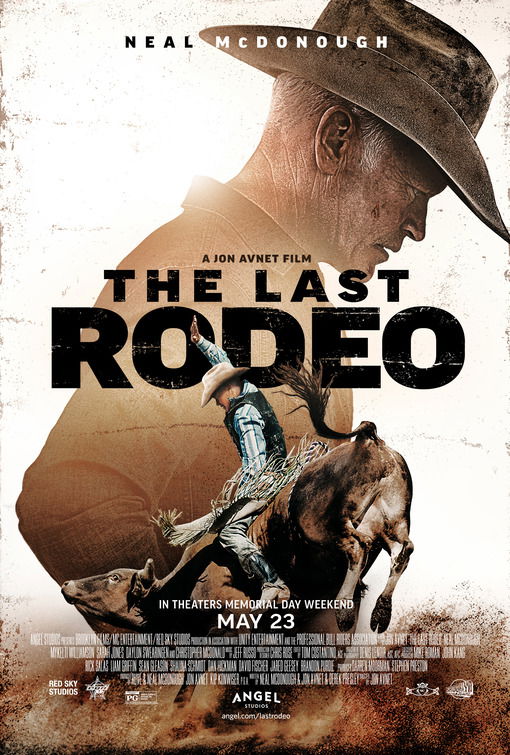Durante un episodio reciente de “The Dr. Josh Axe Show”, el ganador del Trofeo Heisman Tim Tebow habló sobre la vida como nuevo padre.
“Creo que es tan increíble, y es una bendición tan maravillosa”, dijo Tebow sobre la paternidad en el podcast. “Pero mucha gente pregunta: ‘¿Alguna vez supiste que podrías tener un amor como este?’ Y yo dije: ‘Bueno, no sé si ese ha sido el mayor aprendizaje, porque desde el momento en que Demi me dijo que estaba embarazada, creo que instantáneamente sentí ese amor, por un bebé que nunca había conocido’. Pero sí creo que una de las cosas que ha cambiado es cuando llegamos a casa del hospital y puse a Daphne, nuestra pequeña, en su moisés, pensé: ‘Okay, Demi, ¿qué hacemos ahora?'”
El exjugador de la NFL se dio cuenta de que tener un hijo conlleva un nuevo “nivel de responsabilidad”.
Related: Demi Tebow Shares how Tim Tebow is the ‘Sweetest’ Dad
“Así que instantáneamente empiezo a pensar no solo unos pocos pasos por delante, sino 10 pasos por delante, cinco años por delante”, explicó el quarterback. “Y empiezas a pensar, ‘Bueno, este gabinete, esta puerta, esta cómoda — todo tiene que ser cambiado porque esto es un problema futuro, esto es un asunto futuro, esto es una necesidad futura, esto podría ser un obstáculo’.”
“Y así empiezas a prepararte con anticipación”, dijo Tebow. “Pero hombre, empecé a pensar en eso y, hasta cierto punto, me sentí convicto: ¿por qué no pensamos siempre así, no solo para nuestra propia familia inmediata, sino para los heridos y los que sufren en todo el mundo? ¿Por qué no tenemos ese nivel de responsabilidad todo el tiempo? Porque la forma en que vemos a nuestros hijos es, creo, la forma en que Dios ve a toda la humanidad. Y sin embargo, asumimos ese nivel más profundo de propiedad y responsabilidad por nuestra hija en contraste con cómo deberíamos tenerlo en realidad por el mundo, por toda la humanidad.”
Tebow y su esposa Demi-Leigh dieron la bienvenida a su primera hija, Daphne Reign, en julio.
“Nuestra oración respondida. Daphne Reign Tebow — creada a imagen de Dios. Realeza como Su princesa. Nuestra mayor oración por ella es que reine en el propósito de Dios para su vida”, escribió Demi en una publicación conjunta de Instagram con su esposo junto a dulces fotos de su nueva bebé.
Además de la paternidad, Tebow ha estado ocupado escribiendo y promocionando su nuevo libro, Look Again: .
“Este no es solo otro libro, es una llamada de atención”, describió Tebow en una publicación en redes sociales. “Un llamado a verte a ti mismo y a los demás como Dios lo hace. A enfrentar historias difíciles, luchar con el dolor y aún encontrar esperanza al otro lado. Cuando escribí Look Again, no quería que fuera fácil; quería que fuera real. Porque las historias reales importan. Las personas reales importan. E incluso en los momentos más difíciles, la esperanza siempre gana.”
“Estas páginas contienen tensión, verdad y testimonio. Te desafiarán, pero ruego que también te recuerden tu valía y te anclen a la verdad de que eres amado, visto y creado con un propósito”, enfatizó. “Si alguna vez te has sentido ignorado, no amado o indigno, este libro es para ti.”
Seamos o no padres, podemos aprender del camino de Tebow hacia la paternidad y buscar nuevas formas de servir a aquellos que Dios pone en nuestro camino.
Read Next: ‘Need an Army’: Tim Tebow Urges Others to Join Fight Against Child Sex Abuse


 - Content:
- Content: 
